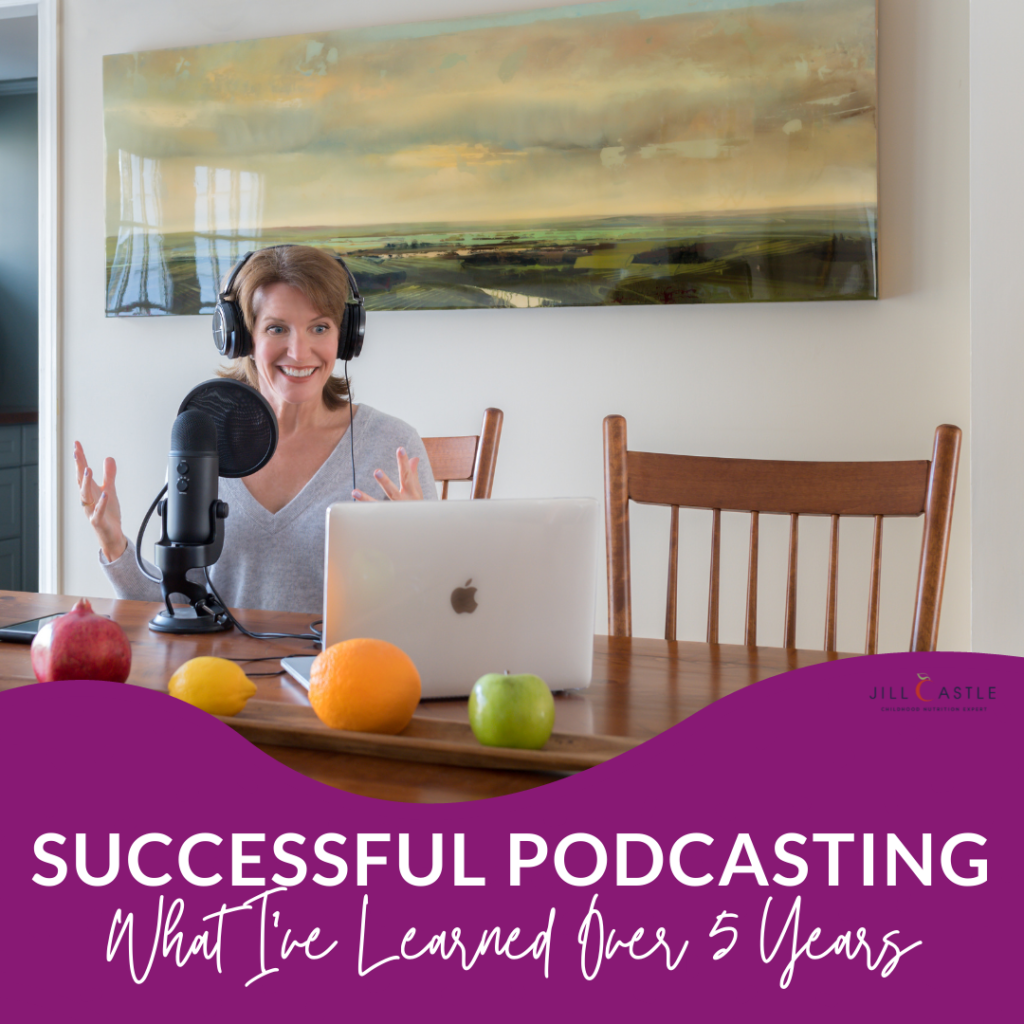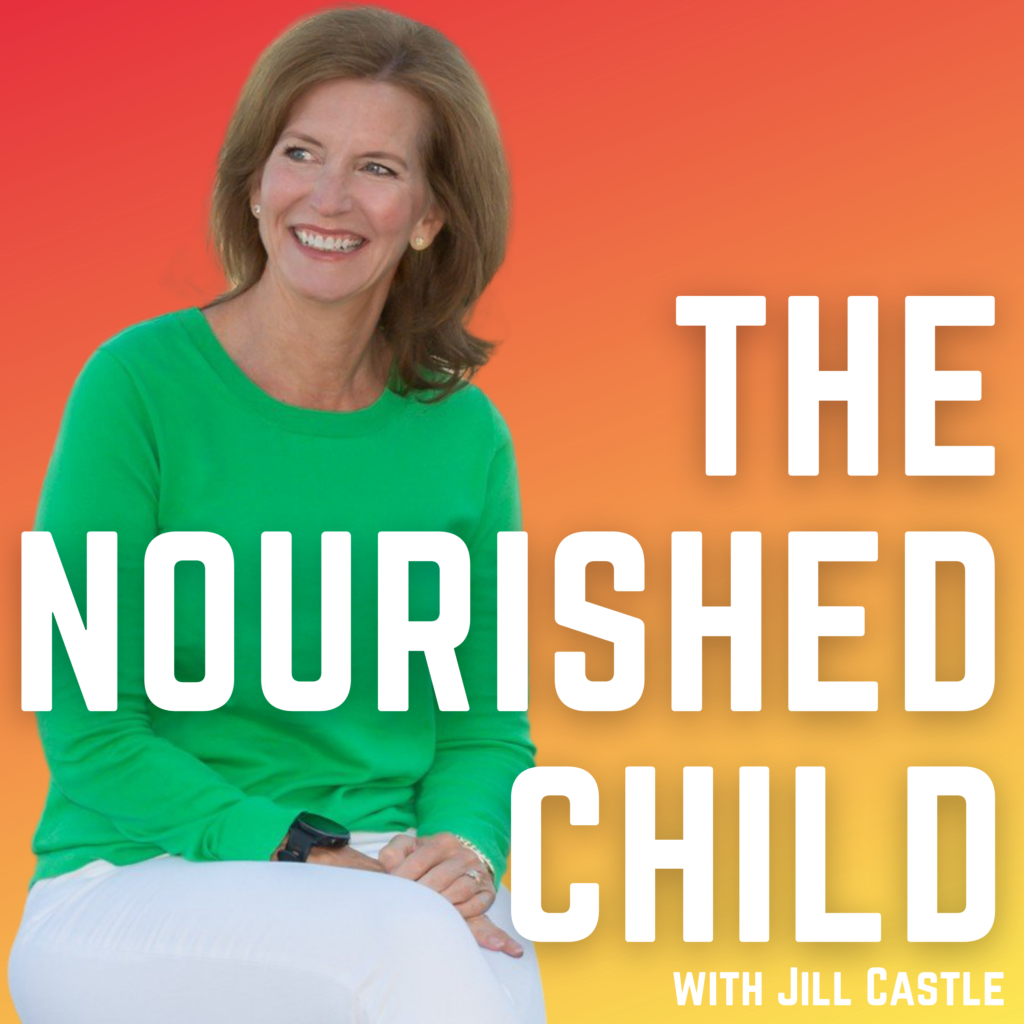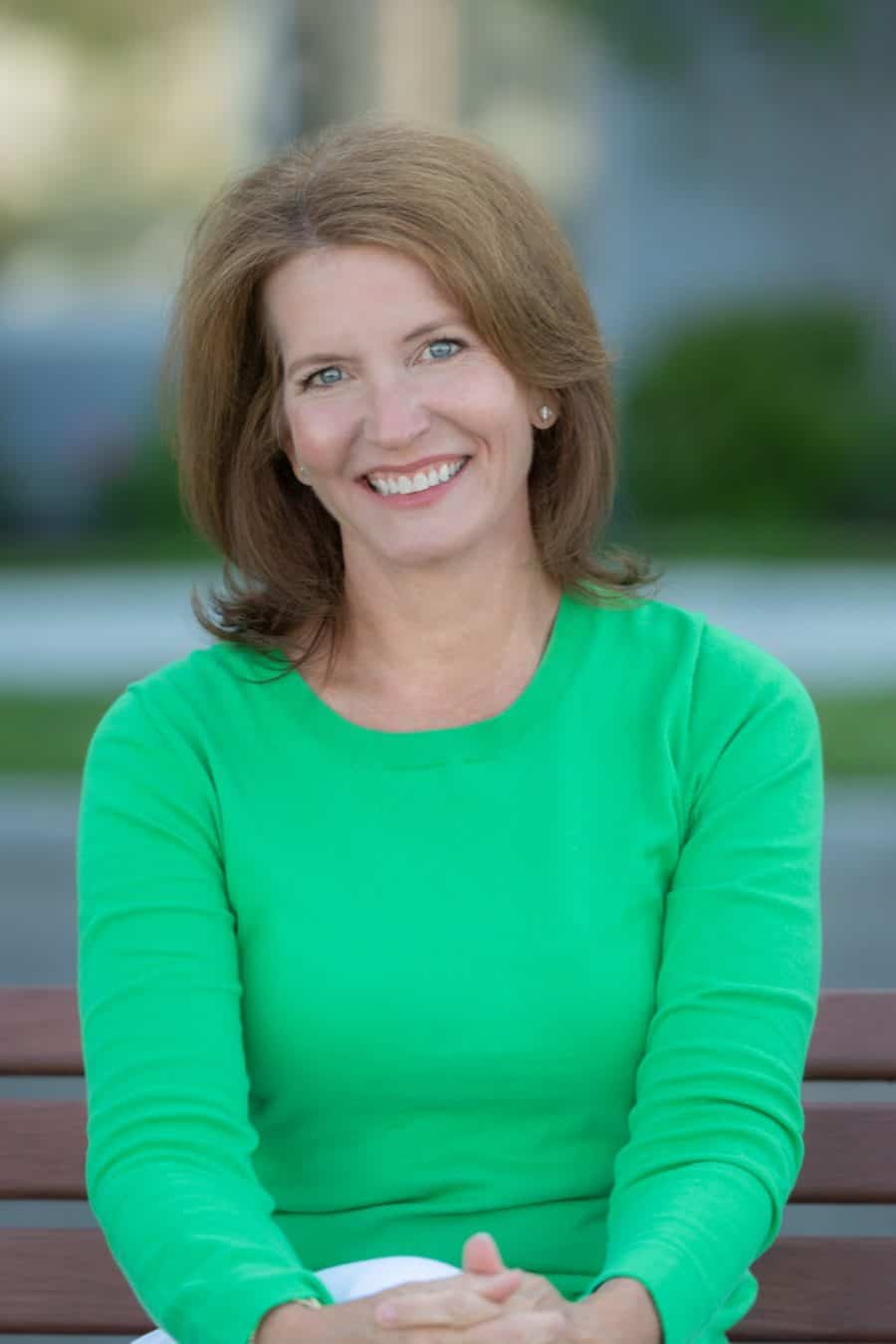Podcasting Advice: Here’s What I Know
When I began my podcast, I looked around for podcasting advice. As a podcaster since 2016, here’s what I’ve learned.
When I started my podcast, I got excited about the idea of hosting one and threw myself into it.
I learned how to podcast on the fly and in real time.
Recently, I learned my podcast is in the top 1.5% of all podcasts globally (that’s the top 1.5% of over 2.7 million podcasts globally, according to Listen Notes).
I guess you could say I have a successful podcast.

4 Pieces of Podcasting Advice
I have been running a podcast for 6 years now, and I’ve learned a few things along the way.
Here’s what I’ve learned about podcasting along the way…and no, I’m not going to give you technical advice. Just some tips for podcasting should you decide to dive in.
Here are my 4 pieces of podcasting advice.
1. Choose Your Guests Wisely
I get several pitches each week from would-be guests. But I’ve always been super selective with who I will interview on my show. I feel a sense of responsibility to my audience as well as to my show.
When I started, I wanted The Nourished Child podcast to highlight the research and translate it into practical tips my audience could use.
Therefore, my selectivity often eliminates companies who sell products, book authors whose topics don’t mesh with my show or audience, and others who want to be in front of my audience but don’t have information that aligns with what I share on my show (current research and the practical implementation of it).
(Everyone wants to be on a podcast now. Podcasts are the new kid on the advertising and marketing block.)
Make sure whoever is on your show matches with your message, purpose, and audience expectations. Otherwise, you may find your show is morphing into something you didn’t intend.
2. Change Things Up Every Now and Then
I produced my own show for almost two years in the beginning. During that time, I primarily did a solo cast, sharing my experiences and knowledge as a pediatric dietitian, focusing on childhood nutrition and feeding kids.
It was a real grind to crank out a show every two weeks. At times the work felt unsustainable.
Then I started to interview guests and I shared the spotlight, toggling between solo shows and guest interviews. This worked for a while until other areas of my business (especially consulting) got busier and I couldn’t keep up with the schedule.
I hired a podcast production team and felt the joy of podcasting return.
Over the five plus years I’ve been podcasting, I’ve changed my show quite a bit. Now, I interview guests almost exclusively, and have added YouTube podcasting (live video on YouTube) to my format.
When I look back, I realize that many of the changes I’ve made had to do with my boredom or feelings of overwhelm with the show.
Instead of quitting, or what is known as pod-fading, I tweaked things and felt more energized.
From changing the format of the show to taking advertisers and changing the logo, I’ve learned that when I feel like I’m fading, it’s time to change things up.

3. Breaks are Good (No, They’re Great!)
Most podcasters I know love podcasting but they’re also hyper-aware of the work that goes into it. As a listener, you hear the content and get something out of it. To the podcaster, though, one show translates to a lot of hours planning, research, preparing, scheduling, communicating with guests and others, and more.
I used to podcast year-round. No season. No breaks. All that changed in my third year of podcasting. I wanted to free up my time in the summer, so I decided to take a break with podcasting. Now my show season runs for 9 months, from September through May.
Having a break allows me the time to think about topics I want to share and who I’d like to invite on the show. It gives me planning and implementation time for sponsors and advertisers and any changes I want.
Taking a break from podcasting keeps my energy and motivation up so I can stay committed to the show.
4. Keep Your Nose to the Grindstone and Be Committed
It’s tempting to compare a podcast to other podcasts, matching download numbers or evaluating who’s who on the “Best of” lists. But podcasting stats are vague, and these lists can be fraught with inaccurate analytics.
The worst thing about comparing is that it takes away your mojo, along with your confidence. Once those start to wane, it’s only a matter of time before podcasting seems less rewarding and less important.
Much of the successful podcasting I’ve experienced has been realized through my dedication to producing an episode every other week.
Podcasting is a long game. Consistency over time is a big secret to success. For me, showing up when people expect me to has been a key to my global ranking (for whatever that’s worth).
True success, however, comes from changing lives, changing the way people think and, in my case, helping families nourish their kids, inside and out.
Check Out The Nourished Child® Podcast
If you haven’t heard the podcast, head over to your podcast app and take a listen to the show. If you enjoy it, would you take a moment to rate the show and write a review?
It helps others find the show and keeps me motivated!








